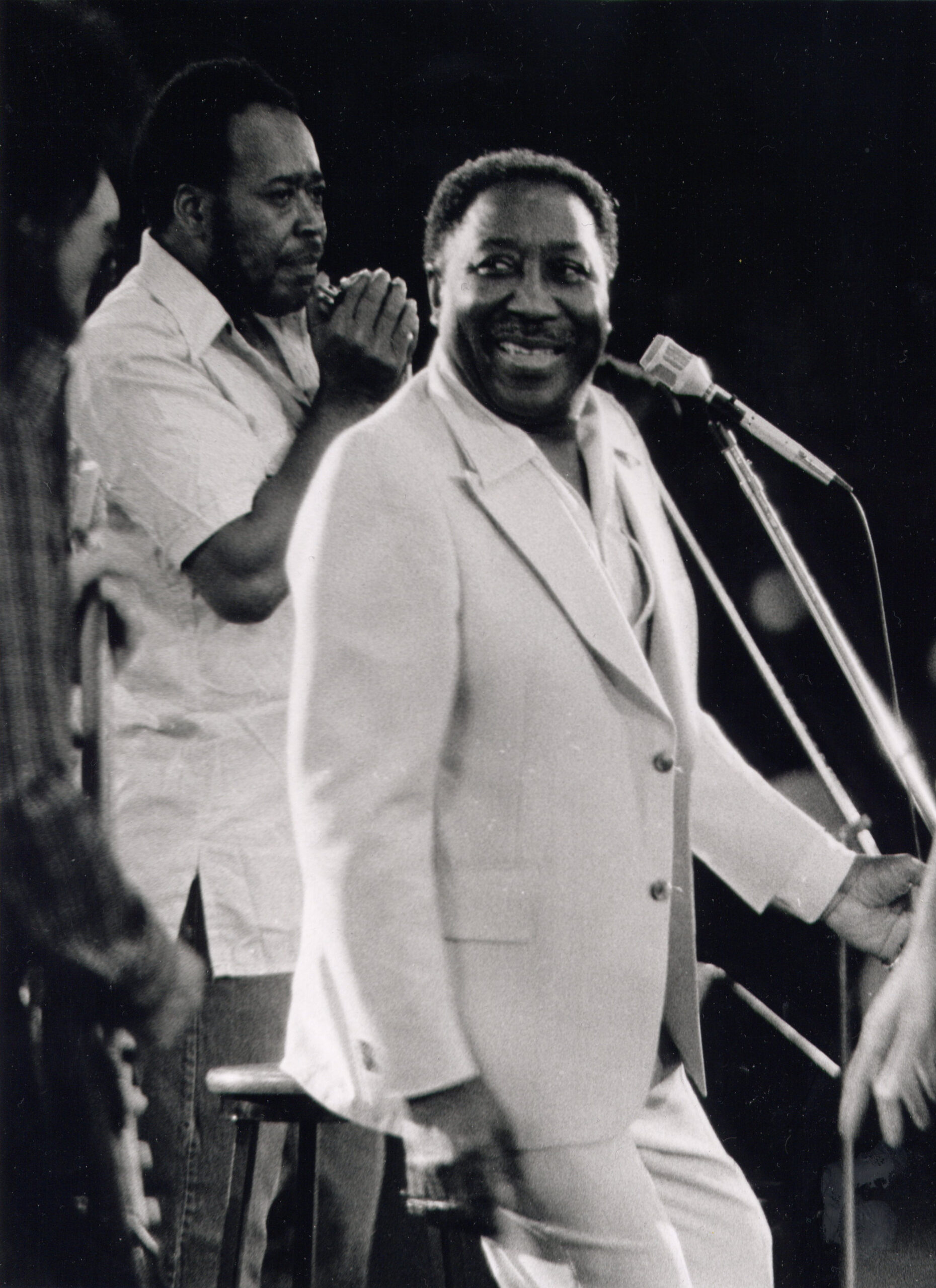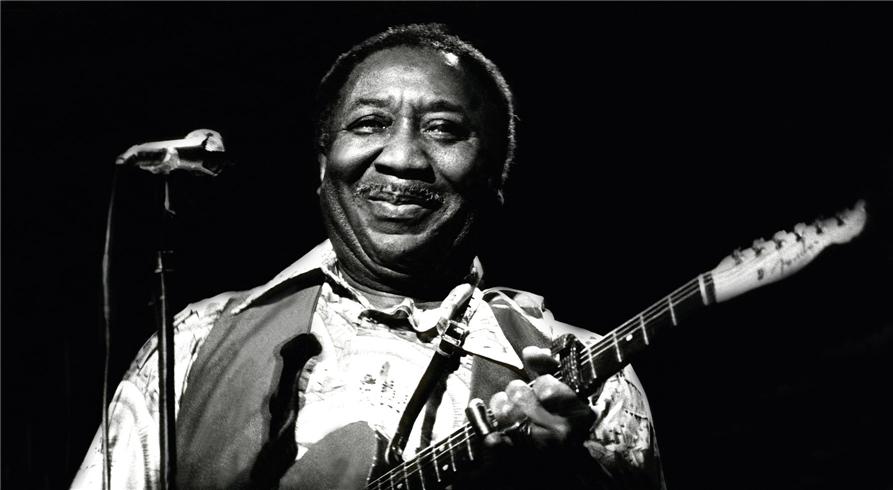Born McKinley Morganfield on April 4, 1913, in Issaquena County, Mississippi, Muddy Waters would grow up to become one of the most influential figures in the history of blues music. Raised by his grandmother in the Mississippi Delta, Waters experienced the hardships and injustices of life in the segregated South. It was here, amidst the cotton fields and juke joints, that he first encountered the music that would shape his destiny.
Waters was drawn to the raw, emotive sounds of Delta blues, learning to play the guitar at a young age. He absorbed the techniques of local musicians such as Son House and Robert Johnson, honing his skills and developing his own distinctive style. By his late teens, he was already performing at local parties and gatherings, earning a reputation as a talented and charismatic performer.
In the early 1940s, Waters migrated to Chicago as part of the Great Migration, joining the thousands of African Americans seeking better opportunities in the North. Chicago’s bustling music scene provided the perfect platform for Waters to showcase his talents, and he quickly became a fixture in the city’s blues clubs. It was during this time that he earned the nickname “Muddy” for his habit of playing in the muddy waters of the Mississippi River.
Waters’ big break came in 1948 when he recorded “I Can’t Be Satisfied” and “I Feel Like Going Home” for Aristocrat Records, which later became Chess Records. These recordings introduced Waters to a wider audience and established him as a leading figure in the emerging electric blues genre. With his powerful voice, electrifying guitar playing, and commanding stage presence, Waters captivated audiences and inspired countless musicians.
Throughout the 1950s and 60s, Waters continued to churn out hits, including classics like “Rollin’ Stone,” “Hoochie Coochie Man,” and “Mannish Boy.” His music spoke to the struggles and joys of everyday life, resonating with listeners around the world. He toured extensively, both in the United States and abroad, spreading the gospel of the blues wherever he went.
Waters’ influence extended far beyond his own recordings. He mentored and collaborated with a generation of blues musicians, including Howlin’ Wolf, Little Walter, and Willie Dixon, helping to shape the sound of modern blues. His music also played a crucial role in the development of rock and roll, inspiring artists like the Rolling Stones, Eric Clapton, and Jimi Hendrix.
In 1983, Waters received a Grammy Award for his album “I’m Ready,” cementing his status as a legend of the blues. Despite struggling with health issues in his later years, he continued to perform and record until his death on April 30, 1983. Muddy Waters may have left this world, but his music lives on, an enduring testament to the power of the blues and the indomitable spirit of one of its greatest practitioners.


No responses yet